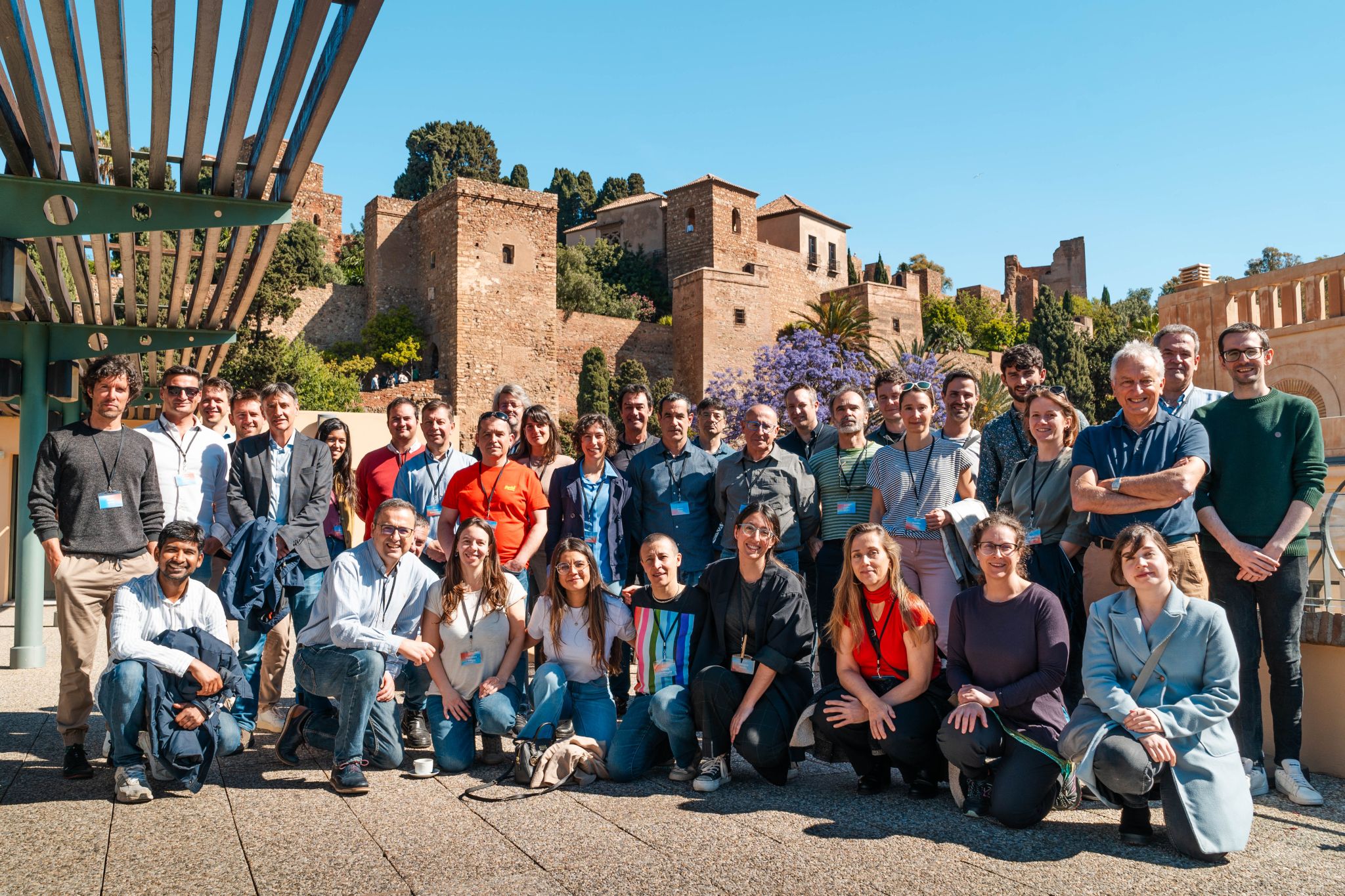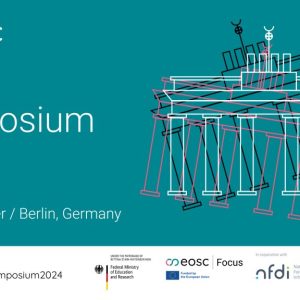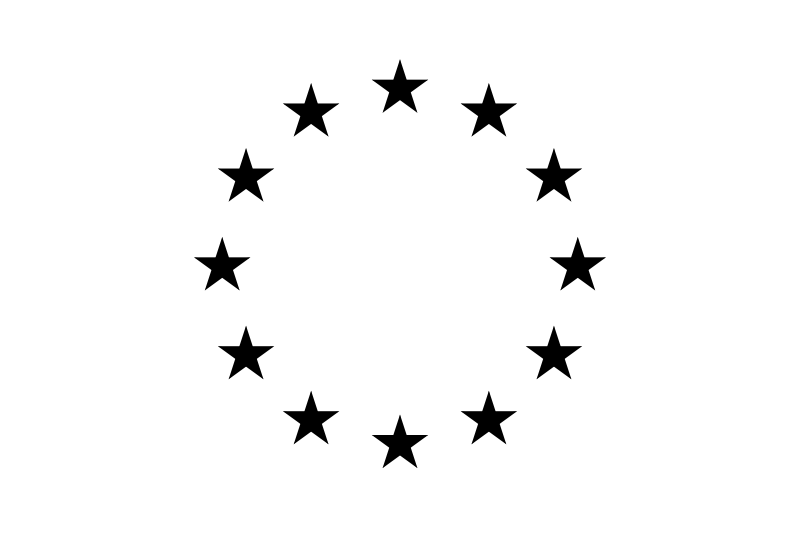Held at the Rectory of the University of Malaga, this internal meeting marked the second gathering since the project began in September 2022. Hosted by UMA and co-organized by the Geosciences Barcelona Centre, which leads the Project Management and Communication and Dissemination work packages, the meeting fostered collaboration and strategic planning.
Over two days, participants shared project advancements, discussed immediate future plans, addressed challenges, and strengthened the sense of collaboration among attendees.
The meeting featured nine thematic sessions, each dedicated to a work package, along with open discussions about the newly formed Ethics Committee, which aims to ensure responsible use of AI within the project. Following a welcome address by project leader Prof. Arnau Folch and UMA researcher Prof. Jorge Macías, representatives from each team presented the current status and key advancements on the 12 Digital Twin Components (DTCs). Each DTC addresses specific scientific questions and tackles technical challenges related to hazard assessment, early warning forecasts, urgent computing, or resource prospecting.
Catch all the insights from the DT-GEO General Assembly in our latest video. Featuring interviews with project coordinators Arnau Folch and Ramon Carbonell, project manager Maria Jose Garcia Miraz, and UMA researcher Jorge Macias, this video captures the essence of the event and the progress being made.
Photo and video produced by Andrei Stefan Balog (Fofilms.es / 2024).




